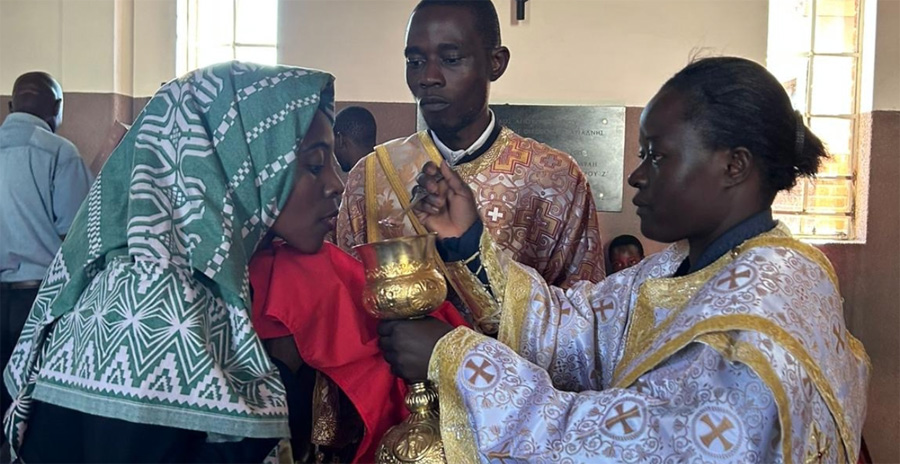 by Fr. Lawrence Farley –
by Fr. Lawrence Farley –
In the ongoing debate over the legitimacy of the new so-called “deaconesses” established by some Orthodox in Africa we often hear of “the slippery slope argument.” [Read more…]
Fr. Farley
Priestly Advice on Homosexuality and Transgenderism to Confused Young
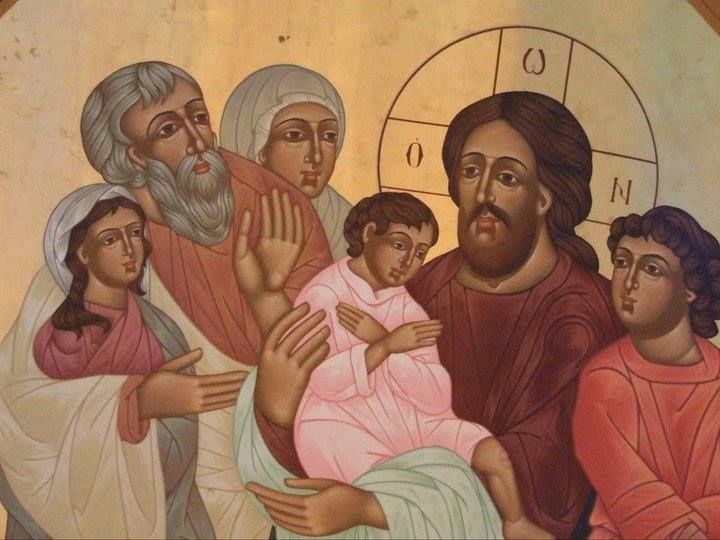 by Fr. Lawrence Farley –
by Fr. Lawrence Farley –
I suppose that most pastors have had the experience of a young parishioner approaching them privately and confiding in them their suspicion or decision that they were gay, bisexual, or transgender.
Such confusion is in the air, has the Nihil Obstat [official approval] of both secular culture and governmental sanction, and also bestows a kind of odd popularity, making the person part of a privileged minority of the nobly oppressed. Adolescence has always been a time of sexual ambiguity and confusion, as hormones go into overdrive and leave the young person with a multitude of conflicting emotions. [Read more…]
Moses and the Ten Words
![]() by Fr. Lawrence Farley –
by Fr. Lawrence Farley –
Recently I read an interesting critique of American Christianity. It pointed out that in an earlier day the schoolrooms for our children used to feature the Ten Commandments written on the wall, rather than (for example) the Beatitudes. The author thought this rather odd for a Christian nation, and evidence that something was wrong. I grant you that the preference for the Ten Commandments over the Beatitudes does invite comment.
One begins by asking how the Ten Commandments became so prominent in the eyes of Christians to begin with. One of course understands how a Jew would opt for the Ten Commandments which Moses brought down from the height of Sinai, rather than the Beatitudes of Jesus found in the New Testament. But how did the Ten Commandments become so culturally popular among American Christians? [Read more…]
Dishonest Dialogue of Orthodox Liberals and Deconstructionists
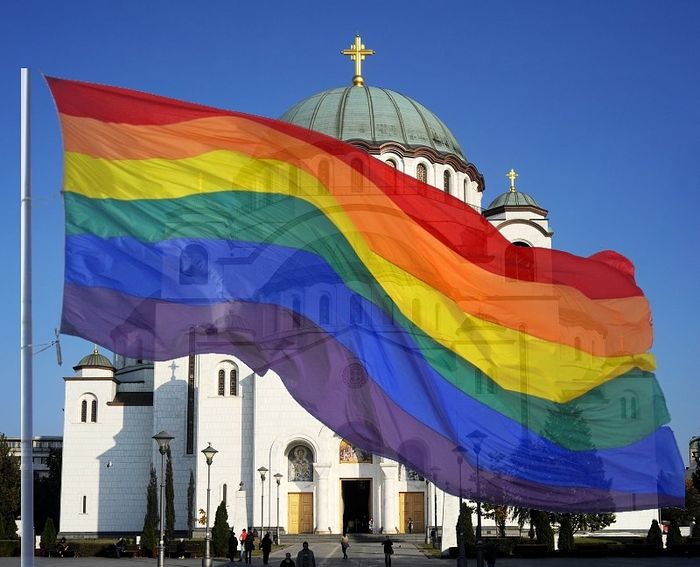 by Fr. Lawrence Farley –
by Fr. Lawrence Farley –
The term “dialogue” (along with its synonyms, “conversation” and “discussion” and “engagement”) seems to have taken its place alongside the proverbial terms “motherhood”, “apple pie”, and “the flag” as sacred and untouchable. It used to be that no one in their right mind would speak against this Trinity of American values, and now no one is allowed to suggest that anything bearing the sacred word “dialogue” should be viewed with suspicion. A commitment to dialogue is considered an essential part of civilization, and a sign of one’s tolerance, reasonableness, and open-mindedness. Anyone lacking a sufficient commitment to these modern virtues (the new Trinity of American values) is a fitting candidate for denunciation and insult. If you think this last sentiment is too strong, you probably do not own a computer or go online very much.
One could almost formulate a spiritual law that any site or online contribution which contains the D-word or its synonyms is pushing the same basic agenda. Take for example the site, “Orthodoxy in Dialogue” (with D-word prominently displayed) or the site “Public Orthodoxy” (which says that it “seeks to promote conversation by providing a forum for diverse perspectives [Read more…]
On the Virtue of Goodness
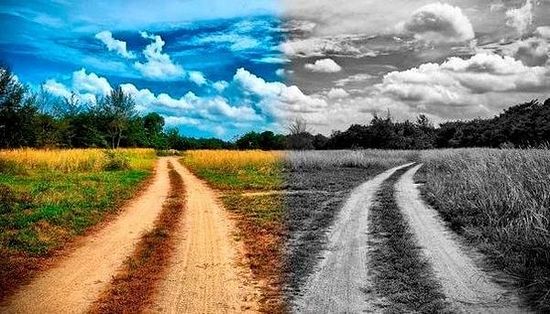 by Fr. Lawrence Farley –
by Fr. Lawrence Farley –
In his list of virtues which comprise the fruit of Spirit working in one’s life, St. Paul lists that of “goodness” (Greek agathosune, αγαθοσυνη) about midway in the list (Galatians 5:22f). One scarcely speaks of goodness as one of the virtues anymore. In our culture describing something as “good” is rather tepid praise; it is like saying something is “okay”, and “good” comes first in our ascending ladder of praise—“good, better, best”. Love, joy, and kindness are praised and admired, but goodness is hardly remembered at all.
Indeed, though it stood toward the summit of virtues in the ancient world, our culture replaces “goodness” as the summit of virtues with “tolerance”—a tolerance always subject to the whims of fashion and standing within a world which knows no unchanging moral compass. Those whims might dictate almost anything. [Read more…]
The Dark Ages: Pagans Turned Out the Lights, Not The Church
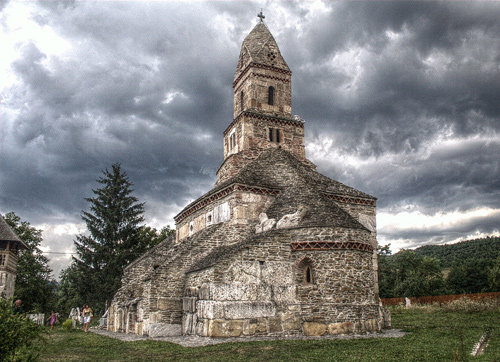 by Fr. Lawrence Farley –
by Fr. Lawrence Farley –
The Dark Ages, insofar as they were dark, were darkened by the barbarian invasions that inundated the western Roman Empire, and that it was only in the Church and monasteries that any light was preserved.
Among the literature of those who make it their main business to vilify the Christians, perhaps no concept has served a more useful purpose than the idea of “the Dark Ages.” The Dark Ages, according to this reading of history, were those centuries in which the Church was culturally ascendant, with the inevitable result that civilization sunk into superstition, ignorance, obscurantism, and moral decadence. Here everything that was bad about the world is laid at the Church’s door, especially the decline of Science (with a capital “S”), which apparently had been going great guns until the Church took over.
As evidence of the Church’s war against Science, enlightenment, tolerance, and reason in general, the name of Galileo is usually bandied about, along with the notion that everyone in the Dark Ages thought that the world was flat. It was from this ecclesiastical abyss that Science eventually pulled us all out, saving the world from the Church and restoring civilization. But as we talk about the Dark Ages, it is worth asking how the Roman Empire of the west came to be so dark in the first place? [Read more…]
A Cold Age – Eliminating Faith from the Public Square
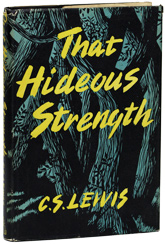 by Fr. Lawrence Farley –
by Fr. Lawrence Farley –
One of the benefits of reading history is that it enables one to compare one’s own era with other eras, and so identify the blind spots of former times and as well as the blind spots of one’s own time. As C.S. Lewis once pointed out (in his essay On the Reading of Old Books), “Not that there is any magic about the past. People were no cleverer then than they are now; they made as many mistakes as we. But not the same mistakes. They will not flatter us in the errors we are already committing, and their own errors, being now open and palpable, will not endanger us.”
Comparing our own age to those of previous ones (and even our own North American culture to other contemporary cultures) reveals what is perhaps the defining characteristic of our society—its coldness. Men and women in previous ages sang while they worked, and while they walked down the road. They greeted strangers in the street, and asked God’s peace upon them. They retired and rose with the sun—and awoke refreshed. It was normal even to arise at midnight to pray. [Read more…]
Cake and Compassion in Arizona
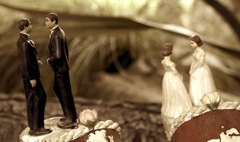 by Fr. Lawrence Farley –
by Fr. Lawrence Farley –
Like it or not, homosexuality is not a private proclivity like other sins; it is a powerful movement, and one that now demands the surrender of Christian conscience.
Not so long ago, voices were raised and lawyers were sharpening their swords in America’s latest battle in the ongoing culture war. The owner of Masterpiece Cakeshop in Colorado was threatened with a fine and up to a year’s incarceration for refusing to bake a cake for a gay wedding. In New Mexico, a photographer was similarly threatened for refusing to photograph a gay wedding. In Arizona, a bill was put forward which aimed at protecting the rights of those who wanted to opt out of participating in such weddings if such participation would violate their conscience. The governor of Arizona vetoed the bill. Owners of businesses now have no legal right to decline to provide their services for gay weddings, however abhorrent the weddings may be to their consciences. [Read more…]
